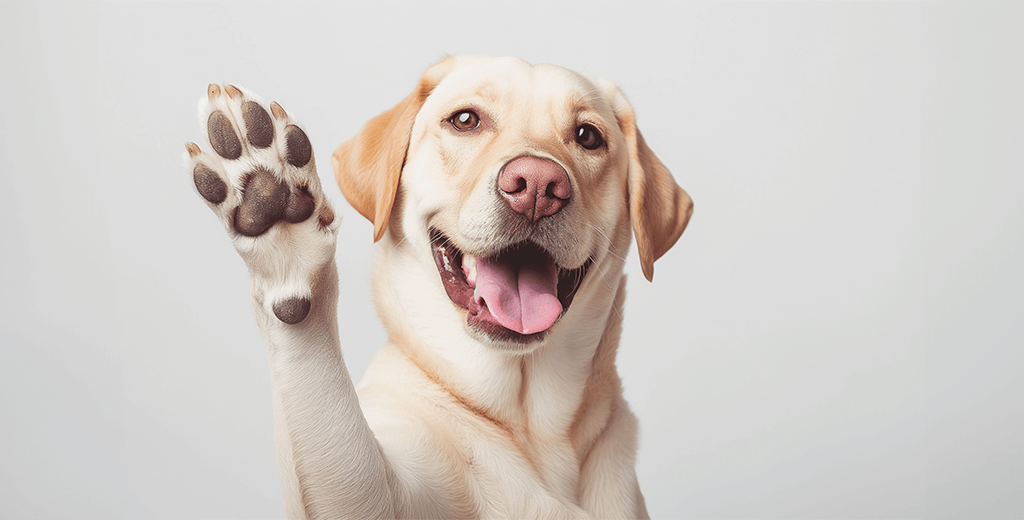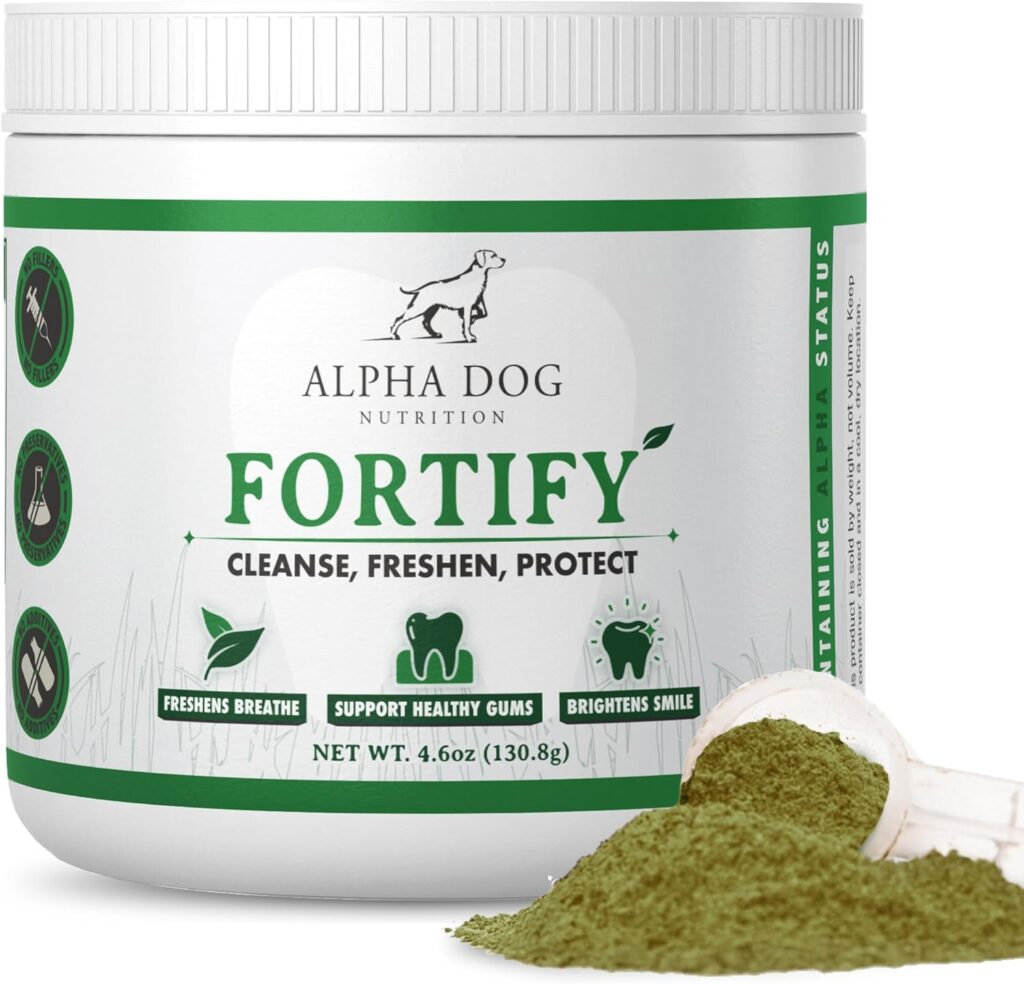Dealing with halitosis in dogs can be more than just dealing with bad breath; it often signals deeper health issues that need attention.
As a pet owner, understanding and addressing the causes of your furry friend’s halitosis is crucial for their overall health and comfort.
In this blog, we’ll explore five practical ways to support your dog’s dental health and tackle the root causes of bad breath, ensuring they stay happy and healthy.
Let’s dive into effective strategies that can freshen up your dog’s breath and improve their quality of life.
What Causes Halitosis in Dogs?
Halitosis in dogs can be caused by several factors, including:
- Dental Problems: The most common cause of bad breath is poor dental hygiene. Plaque, tartar, and gum disease can harbor bacteria that produce foul odors.
- Diet: What your dog eats affects their breath. Certain foods can contribute to stinky breath, especially those that are particularly fishy or pungent.
- Health Issues: Underlying medical conditions such as diabetes, kidney disease, or liver problems can also manifest as bad breath.
- Oral Infections: Bacterial or fungal infections in the mouth can produce a distinctive bad smell.
- Foreign Objects: Occasionally, dogs get small objects stuck in their teeth or gums, which can rot and produce a foul odor.
Understanding these causes can help you better manage your dog’s halitosis. Here are five effective ways to support your furry friend and freshen their breath:
5 Ways To Support Halitosis in Dogs
1. Use a Dog Dental Powder
Integrating a dog dental powder into your pet’s oral care routine can be a game changer.
Dental powders for dogs are designed to be sprinkled on their food or applied directly to their gums and teeth.
They typically contain enzymes that help break down plaque and tartar, reducing the bacteria that cause bad breath.
Regular use can significantly improve your dog’s oral hygiene and breath freshness.
Out of all the dental powders my dog has tried, he loves Alpha Dog’s new Fortify Dog Teeth Cleaning Powder.
This professional-grade teeth cleaning powder is expertly formulated to tackle tartar and plaque buildup naturally, while also freshening breath.
With key ingredients like kelp and probiotics, it not only cleans teeth but also supports overall gum health.
Easy to use by simply sprinkling over your dog’s food, Fortify Dental Powder makes maintaining your pet’s oral hygiene effortless and effective.
Simply follow the directions on the back and you’re good to go!
2. Regular Teeth Brushing
Brushing your dog’s teeth daily with a canine-specific toothbrush and toothpaste can prevent the build-up of plaque and tartar that leads to bad breath. This is one of the most direct methods for maintaining oral health and keeping halitosis at bay.
3. Dental Chews and Toys
Dental chews and toys not only help scrape away plaque but also keep your dog’s jaws strong and their breath fresher. Look for chews that are specifically designed to improve dental health, as they often contain ingredients that minimize plaque and freshen breath.
4. Healthy Diet
Feeding your dog a balanced, high-quality diet can reduce bad breath. Foods that are easy to digest tend to produce fewer odorous compounds in the mouth. Some pet owners also find that adding parsley or mint to their dog’s meals can naturally improve their breath.
5. Regular Veterinary Checkups
Since halitosis can be a sign of underlying health issues, regular check-ups with your veterinarian are crucial. A vet can identify or rule out any medical causes of bad breath and provide professional dental cleanings, which are essential for maintaining overall oral health.
Supporting Dog Halitosis
Managing your dog’s halitosis effectively starts with understanding its causes and implementing a consistent oral health routine.
By taking these steps, you can help ensure that your dog’s mouth stays clean and their breath stays as fresh as possible.
Remember, if your dog’s halitosis persists, it’s important to consult with a veterinarian to check for any underlying health issues.
Thank you for reading!

